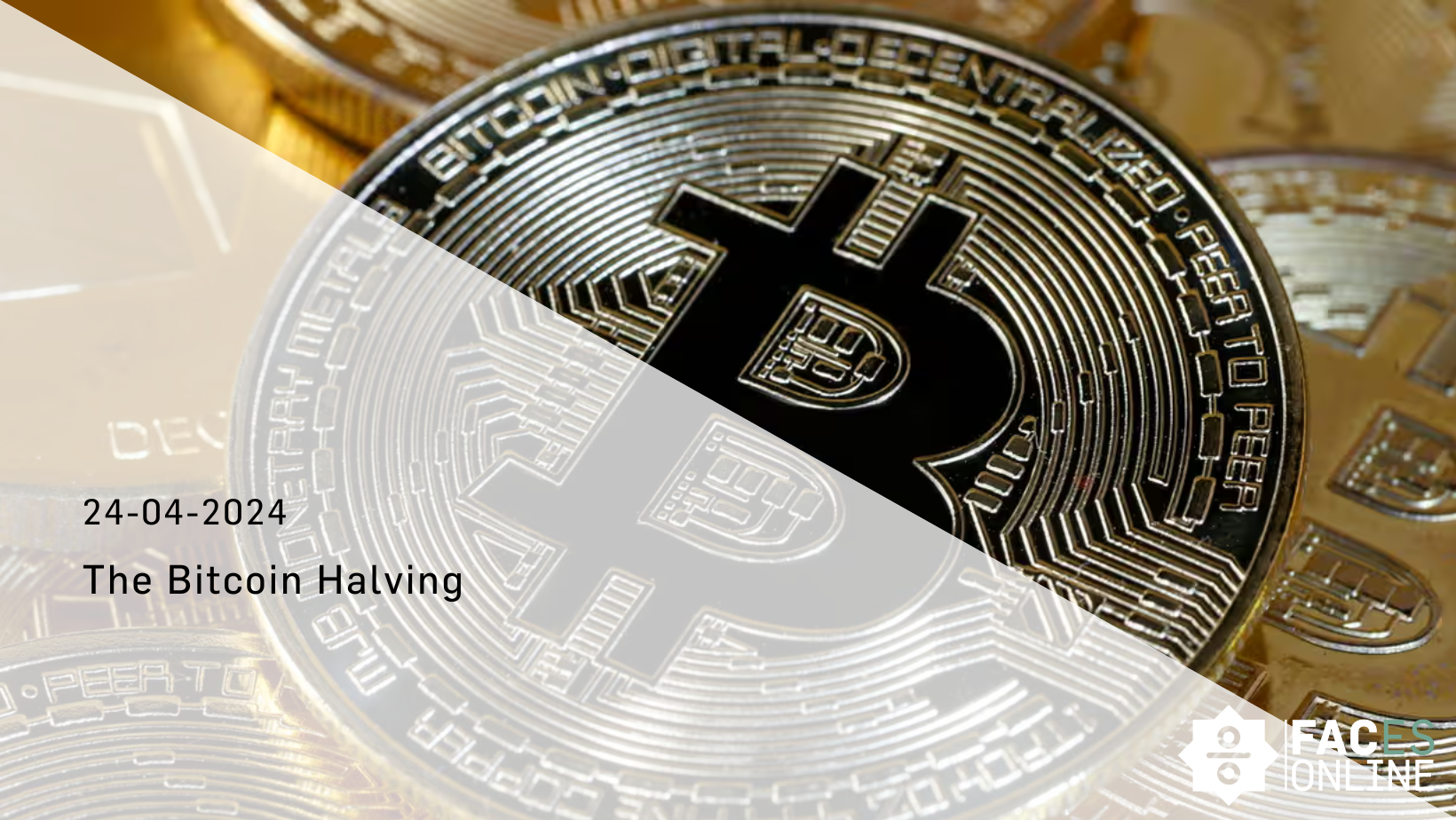Disclaimer: This article is for entertainment purposes only and cannot be used for financial advice. Since its inception, Bitcoin has caught the


Since the recent financial crisis it has become evident that the central banks are in control of financial markets. The enormous stimulus used by the monetary authorities had a particularly large effect on financial assets. Interest rates were declining and stocks were bought. This disruption on financial markets is a clear sign that capitalism is not working like it is supposed to be.
On March 10, 2016, the European Central Bank (ECB) lowered the interest rate down to zero percent, and made an announcement that it would increase its bond-buying program by 20 billion Euros on a monthly basis. Mario Draghi, president of the ECB, clarified in a statement that the interest rate will stay low in the Euro zone.
Despite what politicians like Rutte and Dijsselbloem say, this interest rate cut suggests that the financial crisis is not over yet, especially not for ‘the average Joe’. A redistribution of welfare occurs during a crisis. The main aspect here is the loss of welfare for the average citizen in favour of the owners of capital as the large amount of liquidity that was pumped into the system helps to preserve this division of capital, and even stimulates it.
At first, stock markets reacted euphorically to this message:
European stock markets rose sharply on the news, but soon enough, it started to go downhill. Investors realized the ECB was running out of options, with the interest rate already down at 0%. The German DAX trades at this moment (April 5, 2016) below its level on the date of the announcement.
The ECB took the necessary measures in the past couple of years to tackle the financial and economic crisis. For instance, by lowering the base rate to zero percent. Nowadays, banks have to pay fees or holding temporarily deposits at the ECB. Driven by the idea that banks become more eager to lend their money. Besides that, the ECB uses it as a measure to fight the possibility of deflation.
The ECB’s policy follows the actions previously undertaken by the Bank of England (BoE) and the Japanese monetary authority. But of course, the question that remains is: how effective will these measures be? Japan is coping with a large government deficit, while its business sector and economy barely show any signs of recovery.
The policies of these central banks should not be the driving force, but should be determined by the appropriate economic considerations. Monetary authorities should respond to changes in the economy by altering its policy. That is why the current overcapacity in various sectors of the economy is the real cause of low interest rates. This is, for example, the reason why department store V&D, together with other fashion stores, went bankrupt recently. The excess supply creates lower prices and with that more unemployment.
It is important for companies to maintain a stable increase in their revenue and profits, enabling them to invest, which would make lending money worthwhile for the banks. When there is an overcapacity there is no incentive to invest for these companies, so it reduces incentives for banks to lend their reserves. This can also be seen as the actual cause of deflation. Large companies hoard their money in tax havens and issue bonds to enable themselves to buy equities, which raises the share prices and gives them the opportunity to distribute dividends to its shareholders. Small and medium-sized enterprises want to borrow money, but banks are refusing any funding as they perceive it to be too risky.
It is the demand for loans that is the driving factor, not the supply. A larger availability of credit in a situation of low profitability across Europe, combined with budget cuts and a declining income in real terms, are holding back this demand.‘You can take a horse to the river, but you cannot force him to drink from it’. The majority of companies want to invest in an area where the profitability remains low. This is clearly not a situation where a sustainable recovery is among the possibilities. It can be seen that the American real income is under pressure for the past few years.
If the ECB succeeds with its policy to raise the inflation and push down the value of the Euro even further, it would be bad news for the average European household. The measures undertaken by the Bank of Japan (BoJ) have led to an increase in inflation and wages, but did not lower the level of unemployment. The Japanese ‘misery’ index (unemployment combined with inflation) has reached its highest level in 33 years!
Ironically, the measures undertaken by the ECB did not put downward pressure on the Euro against the Dollar. The reason for this is because the Unites States are engaged in a currency war with other countries. Every government is, next to its cooperative activities, trapped in a competition where it wishes to stimulate its own export when the level of global trade is declining. So in the end this is basically a race to the bottom of the foreign exchange front.
What can investors do?
The ECB’s incentives are bad news for people who are saving money at a bank. As the interest rate is declining again, there is also downward pressure on the savings rate, which is already historically low. A savings rate of 0% is among the possibilities, where your savings could eventually even cost you money.
What is the effect of deflation on equities, bonds, gold and other investment opportunities? Jane. J. Kim and Eleanor Laise from the Wall Street Journal made an overview
About the author: Satilmis Ersintepe is the founder of the financial website ‘De Kritische Belegger’.






















